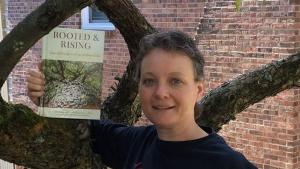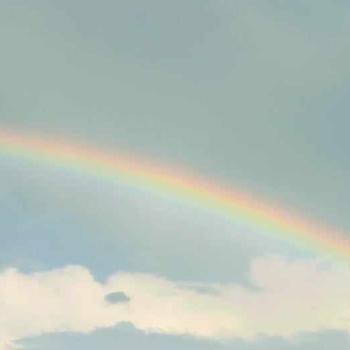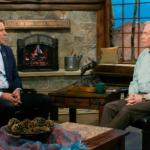Can we wrestle a blessing from our struggles for environmental justice? Two stories from Scripture encourage us to be persistent.
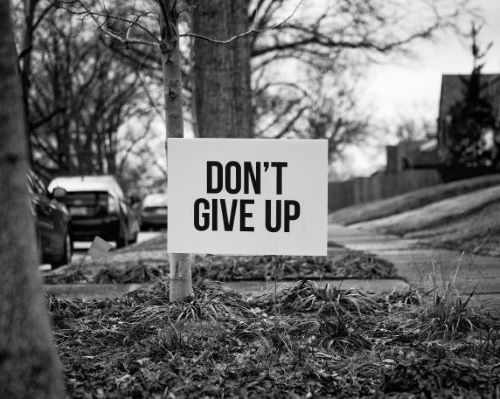
Here are ideas for reading and preaching Genesis 32:22-31, the story of Jacob’s wrestling match with the mysterious stranger, and Luke 18:1-8, the parable of the persistent widow. This is part of the EcoPreacher 1-2-3 series to equip preachers and congregations for engaging the Bible through an ecological lens. These texts are assigned as part of the Revised Common Lectionary for Nineteenth Sunday after Pentecost.
Eco-Exegesis
Eco-exegesis is a method of interpreting the biblical text through a green lens using the principles of ecological theology.
Luke 18:4-5
“‘Though I have no fear of God and no respect for anyone, [the unjust judge thought to himself], yet because this widow keeps bothering me, I will grant her justice, so that she may not wear me out by continually coming.’”
Several years ago, I worked with anti-fracking activists attempting to protect residents in a mobile home park from being evicted to make way for a water withdrawal plant along the Susquehanna River near Williamsport, Pa.
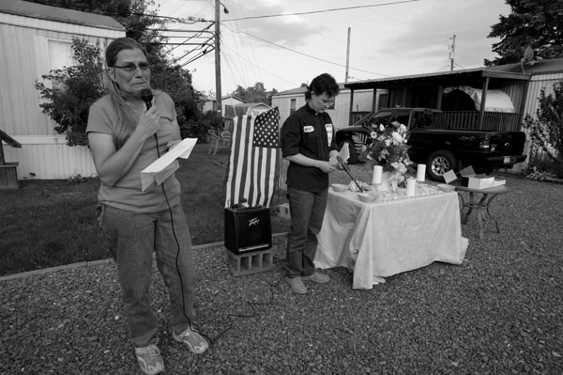
The plant was to supply millions of gallons of water for the fracking industry which was destroying land, water, and air quality in the region. One of the activists bemoaned the fact our efforts for justice were not changing the hearts of the company executives. “But we don’t have to change their hearts,” I explained.
“We just have to be like the persistent widow.” “The who?” she asked.
I told her about Jesus’s parable of an impoverished widow who repeatedly hounds an unjust judge until she gets the justice she deserves. Even though the judge remains heartless, he eventually gives in just to be rid of her.
“Oh!” the activist replied, “so we don’t have to change their hearts. We just have to keep pushing to get them to do the right thing.” Exactly.
While we were not able to stop the plant, we were able to push the company to provide more substantial financial compensation to the families for having to relocate to other places to live. It wasn’t enough, of course. And the plant should never have been permitted to begin with. But like the persistent widow, we kept hounding those in power until they did at least one right thing.
There are lessons we can learn about persistence for environmental justice from this parable when paired with the story of Jacob wrestling’s match at the river.
Genesis 32:25-26
When the man saw that he did not prevail against Jacob, he struck him on the hip socket; and Jacob’s hip was put out of joint as he wrestled with him. 26Then he said, “Let me go, for the day is breaking.” But Jacob said, “I will not let you go, unless you bless me.”
Jacob’s wrestling match with the mysterious stranger on the night before meeting his estranged brother can offer wisdom and encouragement for those engaged in environmental advocacy. The work of eco-justice is frustrating, exhausting, and depleting. We face off against economic, political, and militarized forces that will use every means available to protect their wealth and power at the expense of vulnerable people and the Earth itself. It can feel like an endless wrestling match with an opponent who doesn’t fight fairly and resorts to dirty tricks to get the upper hand.
Yet, we can be strengthened by the story of Jacob who does not give up.
Even when he has been wounded in the place where he is most vulnerable, Jacob refuses to let go of his opponent until he wrestles a blessing from him. Like the widow in Jesus’ parable, he, too, is persistent. Likewise, we must be persistent in our work for environmental justice, even when we are wounded, even when there seems to be no hope of a resolution.
There is also an ambiguity to the story of Jacob wrestling the stranger that has spiritual implications. Scholars have debated about the identity of the man. Is he Jacob’s twin brother, Esau? Is he Jacob’s alter ego, a manifestation of his earlier years of deceptiveness and underhanded tricks? Or is he an angel of God? Jacob himself implies that the stranger actually is God when he names the place Peniel, saying, “For I have seen God face to face, and yet my life is preserved,” (v. 30).
So, too, there is a spiritual component to environmental justice.
Are humans wrestling with themselves, their greed, and their desire for domination? Is this a wrestling match against God who is holding humanity accountable for our actions that have been hurtful and destructive? In any case, this story assures us that there are blessings in this difficult work.
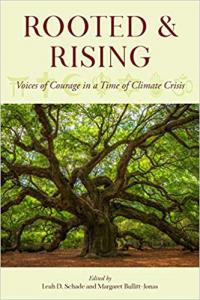
The essays by religious environmental activists in the book, Rooted and Rising: Voices of Courage in a Time of Climate Crisis, give many examples of the ways in which each of the authors have found blessings even as they’ve experienced heartbreak, anger, despair, and hopelessness. For some it is friendship with other activists that sustain them. Others develop a deeper appreciation for God’s Creation. For still others, it is a more profound relationship with God. For each of them, persistence eventually yields a blessing.
1 Eco-Idea
The Eco-Idea is one succinct statement that tells us who God is and/or what God does in relation to Creation and how we should respond as people of faith.
God can reward persistence in the face of ecological injustice with blessings in unexpected ways, even in the midst of struggle, exhaustion, and pain.
2 Eco-Questions
Eco-Questions are what we can ask to help a congregation draw out the implications of the Eco-Exegesis and Eco-Idea.
- Is there a time when you engaged in a justice issue where you felt frustrated or wounded by the struggle? What was it like for you? Were you able to be persistent and, in a sense, wrestle a blessing out of it?
- What eco-justice issue is feeling most urgent for your congregation to engage right now? Is it a local environmental issue? A systemic problem such as plastics in the ocean? The climate crisis? Where can we find allies in this struggle?
3 Eco-Actions
Eco-Actions are ways that a congregation might respond to the Eco-Idea and Eco-Questions. One of these possibilities may have salience for your ministry context.
- Seek out local environmental groups that are engaging community issues such as pollution, water quality, or factory farming. Invite a speaker to your house of worship to talk about their efforts and how your congregation can help.
- Engage in prayerful meditation about the ways in which you, your congregation, and your community can challenge yourselves and seek transformation for the work of environmental justice.
- Plan an interfaith book discussion using Rooted and Rising in order to create common bonds of understanding, friendship, and possibilities for environmental activism.
Read also:
Book announcement: Rooted and Rising: Voices of Courage in a Time of Climate Crisis
Rooted and Rising in Advent: 28 Days for Connecting with Earth
10 Principles for Environmental Preaching: How to Craft Eco-Sermons
Sign up for monthly installments of EcoPreacher 1-2-3!
EcoPreacher 1-2-3 is a partnership between the Rev. Dr. Leah Schade and the Interfaith Center for Sustainable Development, publishers of Eco Bible, a Jewish ecological commentary on the Hebrew Scriptures. EcoPreacher 1-2-3 provides Creation-centered sermon preparation that is short, accessible, and based on a solid biblical foundation. To see other EcoPreacher ideas and to sign up to receive future EcoPreacher 1-2-3 installments, click here.


